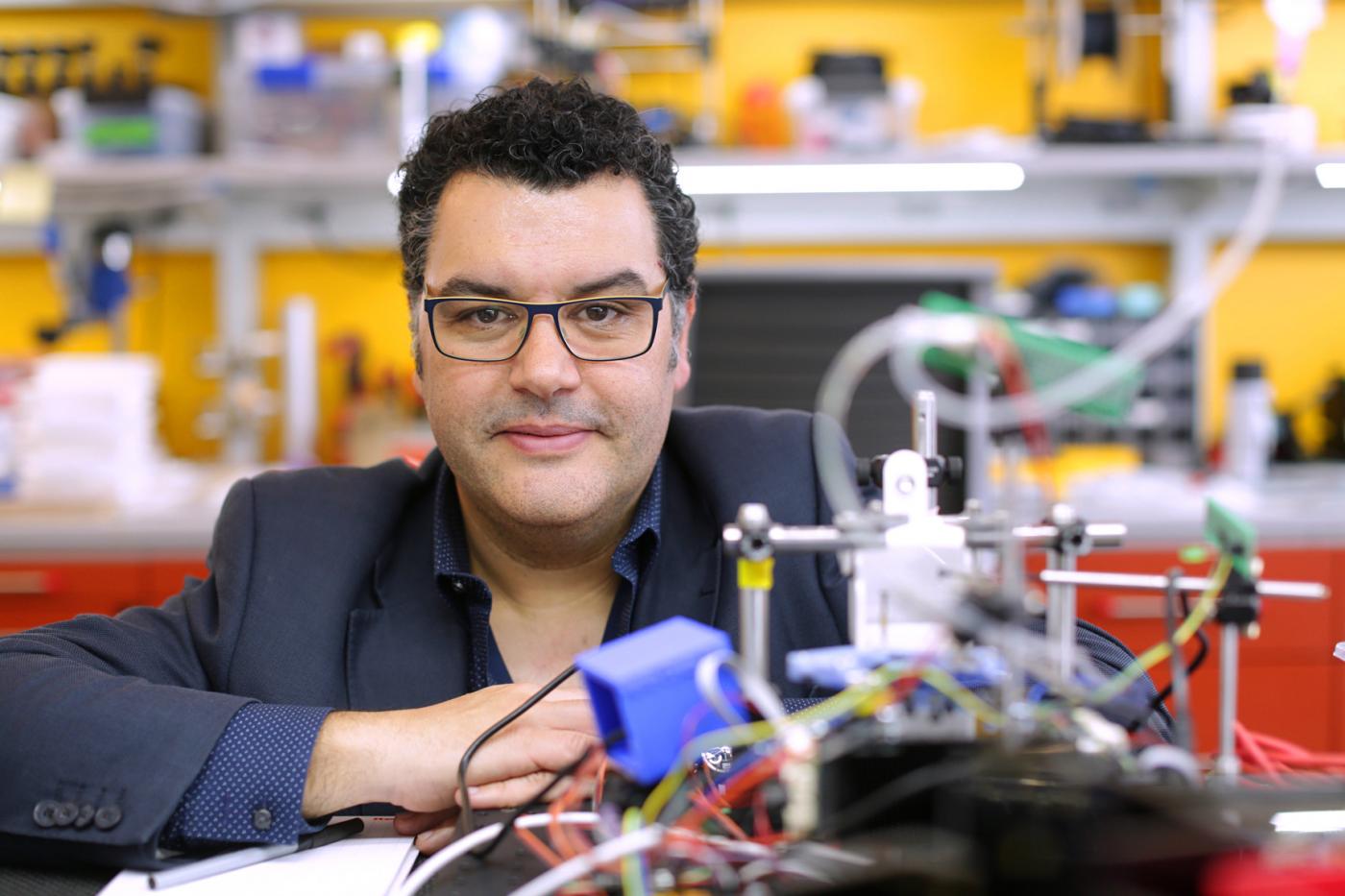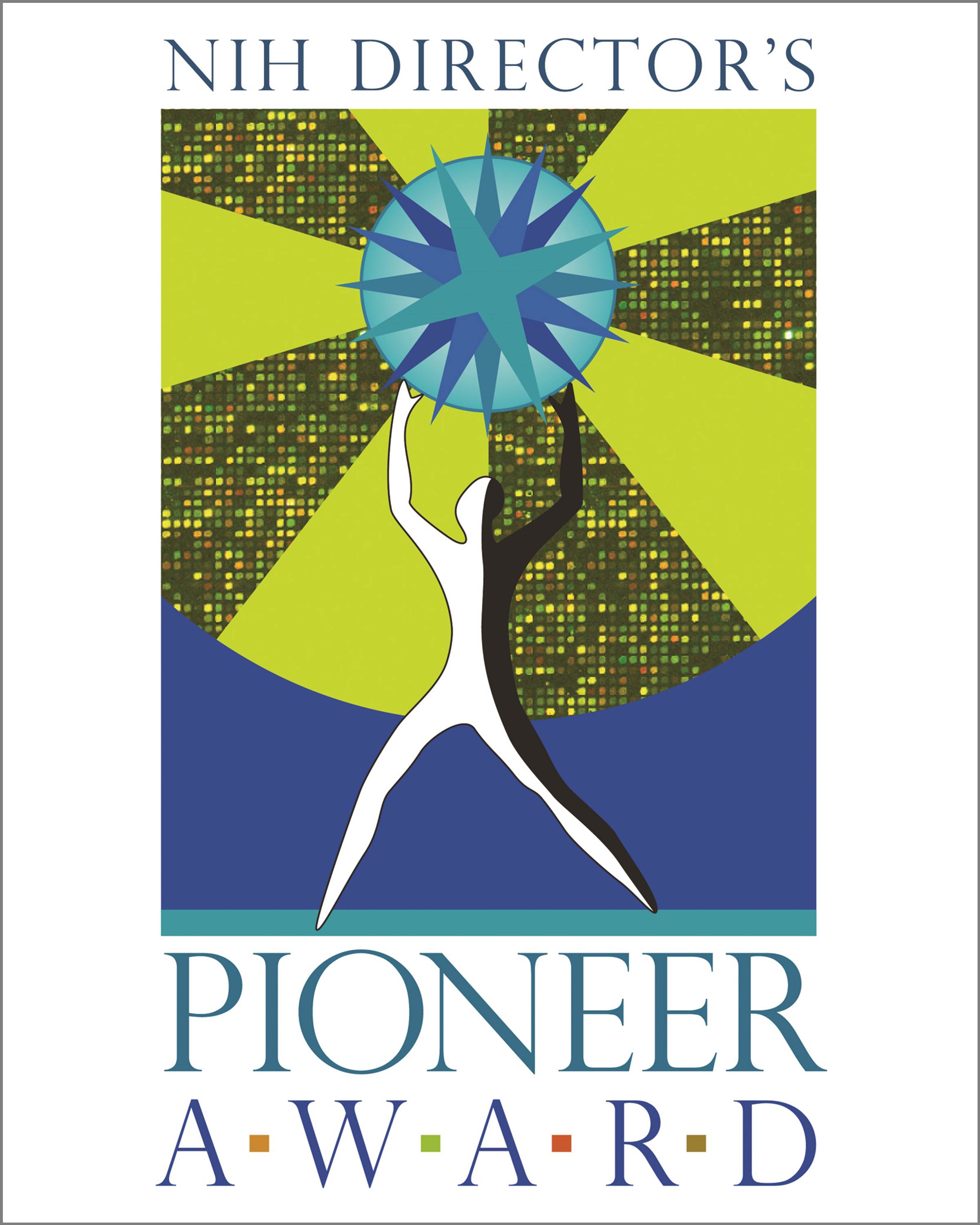NEW YORK – Today, the National Institutes of Health (NIH) recognized Rui Costa, DVM, PhD, a world expert in the brain circuitry underlying movement, with this year’s Director's Pioneer Award. The award supports outstanding scientists who propose creative, novel approaches to major scientific challenges. It will help fund research exploring the oft-neglected ways in which the brain might influence the rest of the body and impact health.
Dr. Costa will receive $5.67 million over five years for use in bold research projects with potentially unusually broad scientific impacts. Established in 2004, the award is part of the NIH Common Fund's High-Risk, High-Reward Research program, which was created to support exceptionally creative scientists conducting highly innovative biomedical, behavioral and social science research.
"This award allows us to venture into uncharted waters," said Dr. Costa, director and CEO of Columbia’s Zuckerman Institute, as well as a principal investigator at the Institute. “We’re exploring how the brain learns to control our internal organs and produce the appropriate immune or metabolic responses in a given situation.”
This award allows us to venture into uncharted waters
Dr. Costa's work investigates the way in which the brain learns new movements, such as taking a step, and refines them into complex repertoires of behavior, such as running an obstacle course, based on the consequences of their execution. A better understanding of how actions are learned and controlled through trial and feedback could one day help treat disorders of movement, such as Parkinson's disease.
The adaptive manner in which we learn to move our bodies requires brain control not only of the muscles but other internal organs as well. For example, planning to pick an apple triggers not just muscle activity, but an expectation of food that results in the release of insulin, which controls the amount of sugar in the blood.
Dr. Costa will use his Pioneer Award to explore the neural circuitry governing the learning and adaptive control of internal organs. He will focus on insulin release in the pancreas and suppression of the immune system by the spleen.
This proposed research may impact health in unexpected ways. Mental disorders such as anxiety and depression, as well as neurological problems such as stroke, are associated with abnormal states that may emerge from these interactions between the brain and other internal organs.
By using modified viruses that travel from a neuron to the next connected neuron, Dr. Costa and his colleagues will map the way in which the nervous system is connected to the pancreas and spleen. They also plan to analyze the genetic and bioelectric activity of neurons involved in brain control of these organs.
Their preliminary results suggest most of the neural links targeting these organs originate in the motor cortex, the part of the brain that controls voluntary muscle activity; the sensory cortex, which helps control sensation; and the prefrontal cortex, which plays a key role in planning, decision-making and many other major functions of the brain.
The researchers suggest the way in which the brain guides internal organs to act may follow principles similar to those used for controlling muscle activity. They aim to identify and manipulate the activity of the nerves responsible for learned control of the spleen and pancreas.
Dr. Costa is also a professor of neuroscience and neurology at Columbia's Vagelos College of Physicians and Surgeons. In 2019, he was selected to join the National Academy of Medicine, one of the nation's most prestigious groups of scholars. He is also the principal investigator of a $15.3 million NIH U19 BRAIN initiative grant that supports efforts to map nerve cells in the spinal cord that direct the body to move.
###
The Pioneer Award, established in 2004, challenges investigators at all career levels to pursue new research directions and develop groundbreaking, high-impact approaches to a broad area of biomedical or behavioral science. Grant number: 1 DP1 AT011979-01



